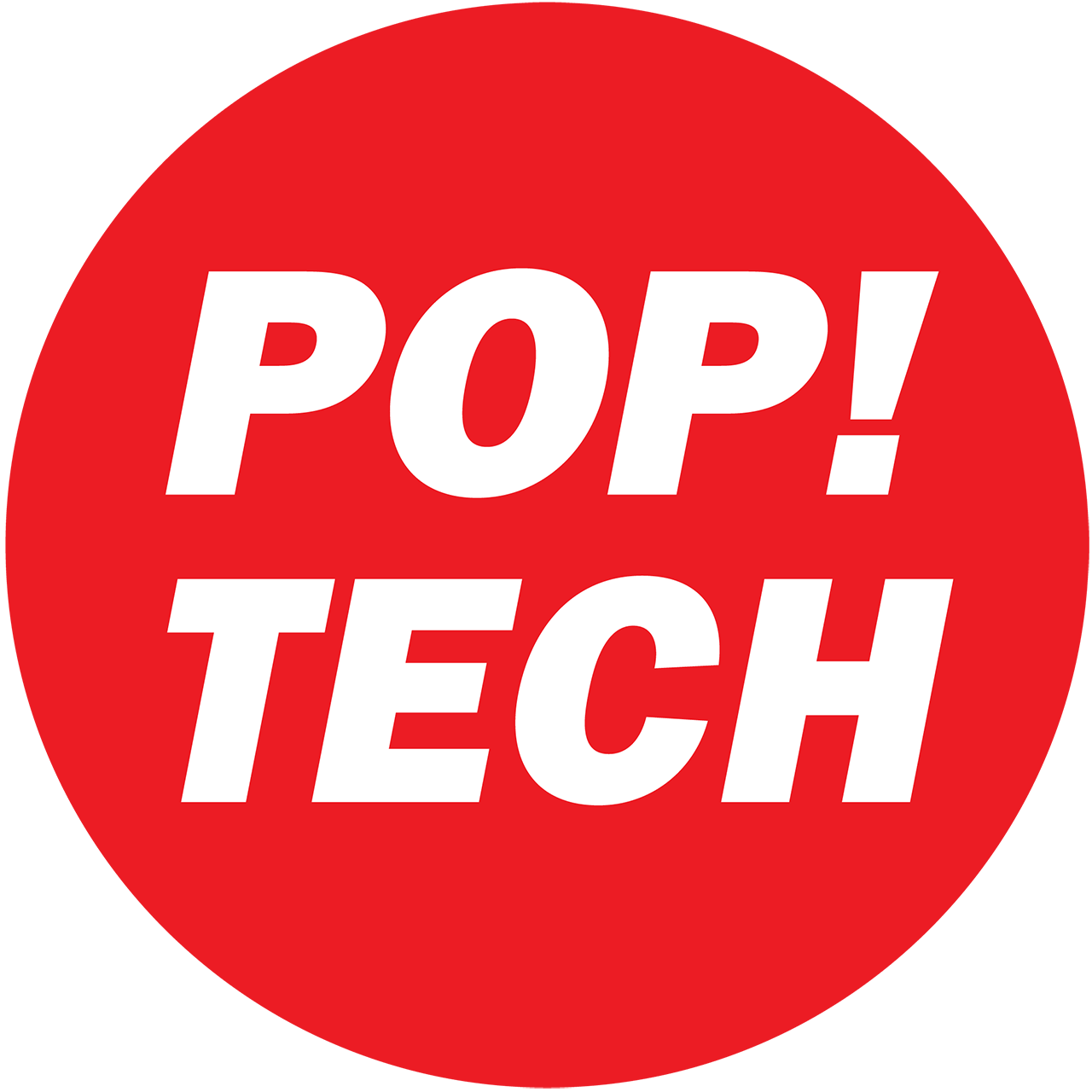How not to save the world according to Kevin Starr
/ Kevin Starr, Mulago Foundation director, looks for the best solutions to the biggest problems in the poorest countries. He thinks all projects need to answer four questions: Is it needed? Does it work? Will it get to those who need it? Will they use it correctly when they get it? Too many bad ideas are using up our limited resources and that needs to change.
Kevin Starr, Mulago Foundation director, looks for the best solutions to the biggest problems in the poorest countries. He thinks all projects need to answer four questions: Is it needed? Does it work? Will it get to those who need it? Will they use it correctly when they get it? Too many bad ideas are using up our limited resources and that needs to change.
From Kiley Lambert the PopTech Blog:
Kevin Starr has spent much of his adult life in the world’s most desperate places and his patience for the empty rhetoric of would-be do-gooders has worn thin.
“It’s really cool to be here and talk about philanthropy in the midst of all these people who actually do something,” he said by way of greeting the PopTech crowd Thursday morning.
As head of the Mulago Foundation and director of the Rainer Arnhold Fellows program, Starr is committed to finding the “best solutions to the biggest problems in the poorest places.” He told the crowd he had spent the last two decades figuring out the best ways to deliver change to those who need it most, and he was there to help PopTech’ers figure out “how to be better at it than those of us who get paid for it.”
The problem, as Starr sees it, is that too many bad ideas end up with millions of dollars in backing, hordes of energetic Western volunteers eager to implement them, and skeptical yet desperate target populations incapable of saying no to them. Add to this mix a media hungry for images of camera-ready “poor” people and simple (often intolerably paternalistic) narratives, and the problems become compounded quickly.“We are obsessed with impact,” he said. Sadly, not enough people take the time to do the due diligence necessary to determine what real impact entails. For Starr, making an impact is not difficult but does require more concentration than most NGOs and non-profits seem capable of mustering. “The key is to know your mission, know what you’re setting out to do, measure the right thing, and measure it well.”
Mulago eschews the traditional language of “mission statements” in favor of purposeful, crystal-clear statements. “We want a verb, a target, and an outcome,” Starr said. “In nine words or less.”
Women selling health products door-to-door and sharing simple, life-saving health advice with mothers in Uganda (Mulago-funded Living Goods)? Saving kids lives in Africa. Working with substitence farmers through the crop cycle, providing training, credit, and access to markets so they can produce enough both to survive and even save a little money (One Acre Fund)? Get African families out of extreme poverty. You get the idea.
The above models also provide examples of the importance of measurability. Fewer dead children, more income for farmers: these are clear, unambiguous, and easily quantified metrics. Measuring, however, is not enough. You must also measure well. Baseline sample sets must include a large number of communities in order to show that those where Living Goods women are working have decreased child mortality. One acre farms in the program must not only be compared to other one acre farms but also to other, larger farms.
For Starr, every idea must answer a few key questions before it can be considered by Mulago. “Is it needed? Does it work like it’s supposed to? Will it get to those needed and a lot of them? And will they use it right when they get it?” Starr asked. “Too many of these ideas get a lot of limelight, burn through a ton of money, affect a few people on the margins and end up having no impact, or a negative impact.” Putting every idea to such a simple yet rigorous test helps to ensure that they are not only viable, and therefore more likely to succeed, but also scalable.
Starr offered examples of what he considered bad ideas: the cost-prohibitive, hard-to-use LifeStraw – “Is it needed? Of course. Does it work? Yes and no. It’s a good filter but only filters about 100 ccs a minute. To drink two liters of water a day, you’re going to spend 20 minutes filtering. It costs too much and people don’t use it right;” One laptop per child (OLPC) – “I could never figure what this is for. There’s not a digital divide; there’s a pencil divide. A family that makes $2 a day is going to let their kid take the most expensive item in the house to shool every day? I don’t get it;” Playpumps – “Everybody remembers being on a merry-go-round as a kid. After a while, you get sick of it and hit the swings. Turns out, the only time the kids were using this thing was when foreigners showed up with their cameras. As soon as they were gone, it was the village women pushing it around in a circle for hours per day to pump water.”
Not to the end the day as “Mr. Downer,” Starr restated his hope for the future. “I could spend all day talking about great ideas. We know what works; we know what doesn’t. You now know the difference and if we can just get the people who really know how to create change the resources they need to do it, we can make a difference.”









